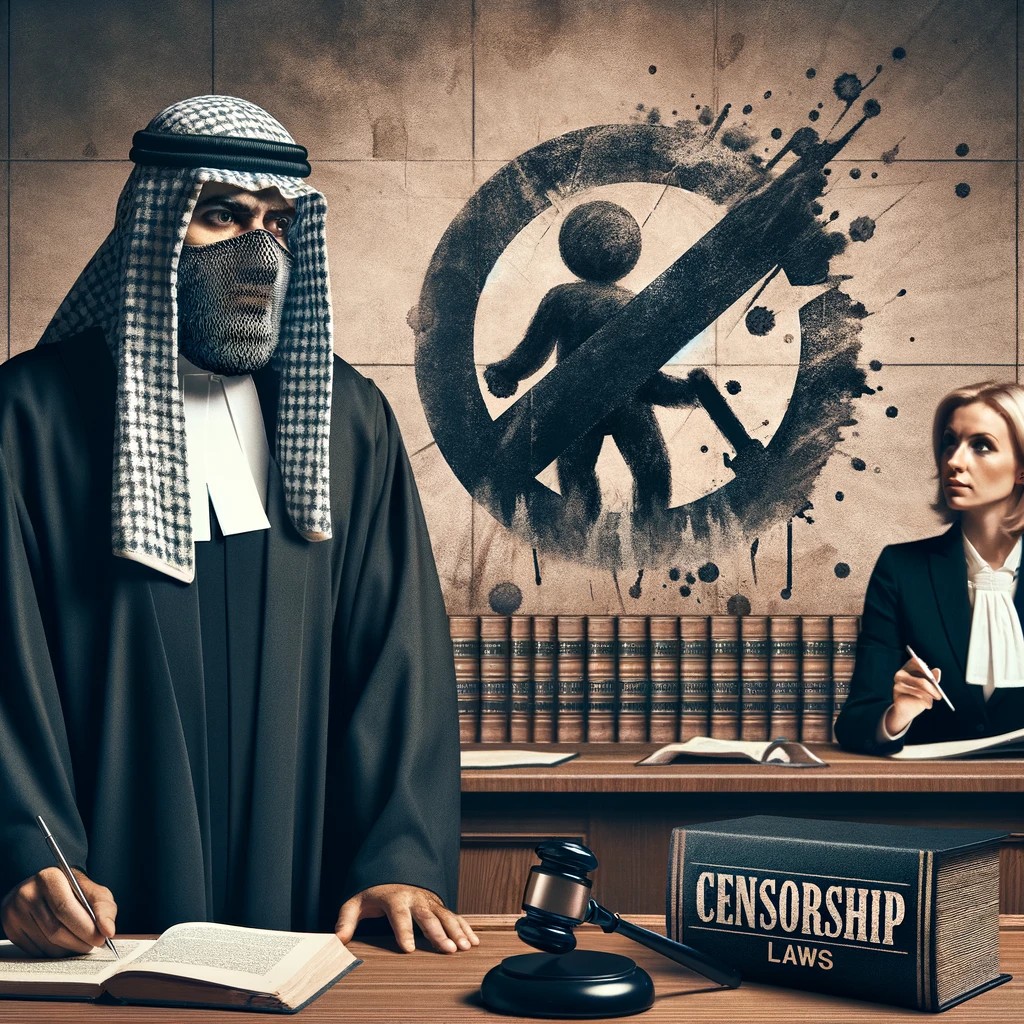From banned books lighting up social media feeds to debates over what stories can be told in our schools and libraries, the battle over the written word is as alive today as it was centuries ago. The power of literature to reflect, challenge, and even reshape our world means it’s constantly in the crosshairs of censorship. But where do we draw the line between protecting society and silencing vital voices? This question isn’t just academic; it’s at the heart of countless legal skirmishes that define our freedoms.

As specialists in the often-turbulent waters of media and constitutional law, our firm is dedicated to navigating this delicate balance, and in this analysis, we’ll explore the ever-evolving legal landscape that governs what we can write, read, and share.
The historical context of censorship in literature reveals a long struggle between controlling information and protecting free expression. From ancient prohibitions on certain texts to more modern book burnings and bans, societies have wrestled with the potential impact of literary works. Landmark legal cases throughout history have shaped our understanding of literary freedom, often reflecting the prevailing social and political climate of their time. These cases provide valuable precedents and insights into the evolving interpretation of free expression.
Literary expression is subject to various legal frameworks that attempt to balance individual rights with public interests. In the United States, the First Amendment provides strong protection for freedom of speech, including literary works. However, this protection is not absolute. Restrictions exist for categories of speech such as obscenity, incitement to violence, and defamation. Copyright law also plays a role, protecting authors’ rights while allowing for fair use and other limitations. International legal frameworks vary significantly, with some countries imposing stricter controls on literary content based on political, religious, or cultural grounds.
Notable legal cases illustrate the ongoing tension between censorship and free expression. The obscenity trial of “Lady Chatterley’s Lover” in the UK and the controversy surrounding Salman Rushdie’s “The Satanic Verses” are prime examples. These cases highlight the challenges of defining obscenity and the potential for literary works to spark social and political debate. Judicial interpretations in these cases often reflect broader societal values and the evolving understanding of free speech.
International perspectives on literary expression demonstrate a wide range of approaches. Some countries prioritize social harmony or religious values, leading to stricter censorship laws. Others prioritize individual rights and freedom of expression, offering greater protection for literary works. International treaties and organizations, such as the United Nations, advocate for the universal right to freedom of expression while acknowledging the need for certain limitations to protect other fundamental rights.
The digital age presents new challenges for literary law. The ease of online distribution has complicated the enforcement of censorship laws and created new issues related to copyright infringement and online speech. The global reach of the internet transcends national borders, requiring international cooperation to address issues like online hate speech and the spread of misinformation. Emerging technologies like artificial intelligence also raise new questions about content creation and regulation.
The balance between censorship and freedom of expression in literary law is constantly evolving. As technology advances and societal values shift, legal frameworks must adapt to address new challenges. Ongoing dialogue and debate among legal scholars, policymakers, and the public are essential for navigating this complex landscape and ensuring that literary freedom is protected while also addressing legitimate concerns about harmful content. This ongoing negotiation between the written word and the law reflects the enduring importance of literature in society and the ongoing pursuit of a just and open society.